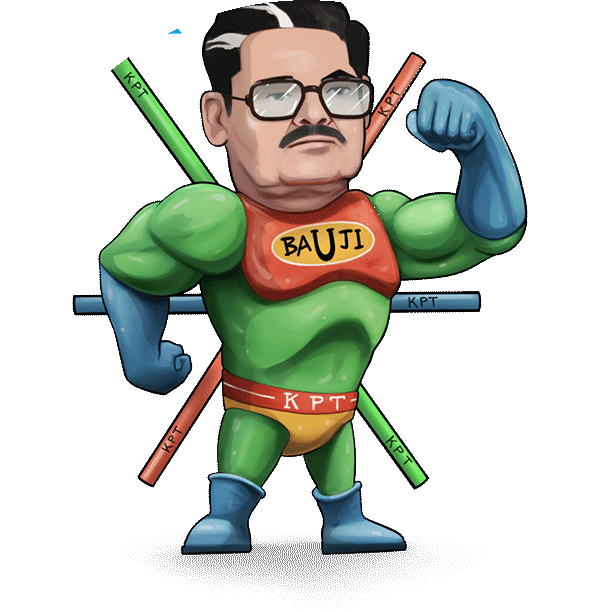When it comes to plumbing, one of the most critical decisions you’ll need to make is choosing the right type of pipe for your project. Two popular options are PPR-C (Polypropylene Random Copolymer) and PVC (Polyvinyl Chloride) pipes. Both materials have their advantages and disadvantages, so understanding the differences between them is crucial for making an informed choice for your plumbing needs.
PPR-C Pipes:
- Durability:
PPR-C pipes are known for their excellent durability. They are highly resistant to corrosion, chemical damage, and rust. This makes them an ideal choice for both hot and cold water applications. PPR-C pipes can withstand high water pressure without the risk of bursting, ensuring your plumbing system’s longevity.
- Heat Resistance:
One of the standout features of PPR-C pipes is their exceptional heat resistance. They can handle high-temperature water, making them suitable for hot water distribution systems. The material’s thermal expansion is minimal, reducing the risk of leaks or cracks caused by temperature fluctuations.
- Smooth Interior Surface:
PPR-C pipes have a smooth interior surface, which minimizes friction and prevents the buildup of mineral deposits and other debris. This smoothness not only ensures consistent water flow but also enhances the pipes’ lifespan.
- Easy Installation:
PPR-C pipes are relatively easy to install because they can be joined using heat fusion. This method creates a seamless, leak-proof connection without the need for adhesives or solvents. It also eliminates the risk of weak points in the system.
- Environmentally Friendly:
PPR-C pipes are considered environmentally friendly because they are recyclable and do not release harmful chemicals into the environment during production or use. They are also less likely to degrade over time, reducing the need for replacement.
PVC Pipes:
- Cost-Effective:
PVC pipes are often more affordable than PPR-C pipes, making them a budget-friendly choice for many plumbing projects. Their lower cost can make them an attractive option for homeowners on a tight budget.
- Lightweight:
PVC pipes are lightweight, which can make them easier to handle and install, especially for DIY enthusiasts. However, this advantage comes with some trade-offs in terms of strength and durability.
- Chemical Resistance:
PVC pipes are highly resistant to a wide range of chemicals, making them suitable for various applications, including sewage systems and chemical transportation. However, they are not ideal for hot water distribution due to their lower heat resistance.
- Non-Conductive:
PVC pipes do not conduct electricity, which is an advantage in certain situations. They can be used in electrical conduit systems where the risk of electrical shock must be minimized.
- Limited Heat Resistance:
One of the drawbacks of PVC pipes is their limited heat resistance. They can become brittle when exposed to high temperatures, potentially leading to cracks or leaks. This makes them unsuitable for hot water applications.
Choosing the Right Pipe for Your Needs:
The choice between PPR-C and PVC pipes ultimately depends on your specific plumbing needs. Here are some guidelines to help you make an informed decision:
Consider the Purpose:
If you need pipes for hot water applications, PPR-C is the superior choice due to its high heat resistance. PVC pipes are better suited for cold water systems.
Budget:
If you’re on a tight budget and your project involves cold water plumbing, PVC pipes may be the more cost-effective option.
Environmental Concerns:
If environmental sustainability is a priority, PPR-C pipes are the greener choice due to their recyclability and overall durability.
Installation Skill Level: PPR-C pipes require heat fusion for installation, which may require professional expertise. PVC pipes are easier for DIY installations due to their lightweight nature.
In conclusion, both PPR-C and PVC pipes have their strengths and weaknesses, and the choice between them should be based on your specific plumbing requirements and budget. Prioritize durability, heat resistance, and environmental factors when making your decision to ensure a plumbing system that meets your long-term needs.


